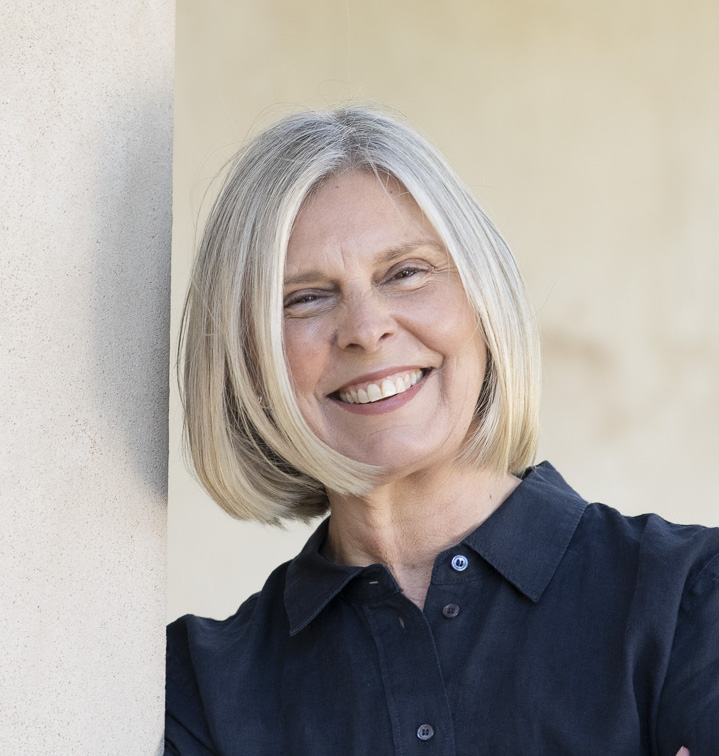
Dr Charlotte Tottman
Fear of cancer recurrence is a natural response to a diagnosis of breast cancer but validation, normalisation and education by the cancer care team can help reduce the patient’s level of distress.
Speaking to the limbic at the Australasian International Breast Congress in Brisbane, clinical psychologist Dr Charlotte Tottman said 70% of cancer patients experience fear of recurrence.
“A lot of patients don’t even know that fear of recurrence is a thing so as soon as you give it a label and give them the stats – ‘you’re one of 70% of people’ – straight away they realise they aren’t broken. That takes a lot of the heat out of it.”
She said clinicians were typically very keen to reassure people about their disease and prognosis but, despite their good intentions, reassurance could appear dismissive.
“It’s taking fear away from them. People want their oncologist to hear them, see them and understand their fear. They almost want to share the fear. What we are encouraging oncologists and surgeons to do is let the patients express their fear and just sit with it.”
Dr Tottman said fear of recurrence physical symptoms can include a tight chest, shallow breathing, racing heart, feeling hot and sweaty, numbness and tingling around the mouth, lightheadedness, dizziness, agitation and gut symptoms.
“There are grounding techniques and breathing techniques to help de-arouse you in the moment but when you are really triggered, it is literally like someone pointing a gun in your face.”
She said fear of recurrence triggers can include medical reviews, a cancer anniversary, media stories such as the recent death of Olivia Newton-John, a death or cancer diagnosis of a friend or family member, and even their own physical symptoms.
“Someone can actually be anxious about the cancer coming back, have a gut response and then think there is something wrong with their gut.”
She said doctors were then obliged to follow up those symptoms which again reinforced the fear of cancer recurrence.
On the positive side, she said fear of cancer recurrence can be used as a motivator.
“You can use it to motivate healthy lifestyle behaviours – go to your medical reviews, eat well, sleep well, don’t drink too much booze, exercise and live your life according to your values. That’s using it for you rather than against you.”
Dr Tottman said the evidence showed that fear of recurrence doesn’t decline with time but instead cycles with spikes followed by recovery.
“The recovery from a spike in fear of recurrence is usually hours to days. When you have a heightened response that lasts longer, that’s often when waiting for results… there is nothing that will bring that down. Patients just have to hold on.”
“For some people it’s at a very high level and that’s when they do things like avoidance – staying away from medical reviews or not reporting symptoms – or reassurance seeking – when they go back to the doctor more than required or ask for scans and blood tests more often than necessary.”
“The problem with that reassurance seeking, is it’s like a drug. The more you have it, the more you need it.”
She said patients with debilitating levels of distress – for example, evident by not going to work or doctor shopping – probably need psychological intervention.”
However, timely access to psychologists with expertise in cancer-related distress was challenging across the country.
“The biggest problem at the moment is the workforce issue in Australia. My waiting list is at least six months long…and I’m not the only one.”
Dr Tottman reiterated that the vast majority of people had a fear of cancer recurrence at levels that can be managed by their regular cancer care team.
“To be able to say to someone ‘I see how scared you are, I see how hard this is for you’ – that is so incredibly validating.”
She said exercise was another good option for patients – with both physical and psychological benefits.
“For any psychological disorder, we routinely recommend exercise. And it doesn’t have to be an hour of high level weights, it can be a 15 minute walk every day.”
“Lots of exercise is rhythmic and is very soothing. For example, a treadmill or swimming can almost become meditative so you get into that zone where you are present in the moment and you can’t be worrying about the future or ruminating about the past.”
She said there was hardly ever a role for pharmacotherapy in fear of recurrence.
“It’s not typically helpful enough because getting people to understand the nature of their fear of cancer recurrence is what helps and is far more powerful.”
She emphasised that, given medical reviews were a known trigger for fear of cancer recurrence, patients were probably going to be more elevated when they were in front of their doctors.
She said there was definitely scope for more research around the development of self-help tools.
Listen to Dr Tottman speak about fear of cancer recurrence in her podcast [link here] – a collaboration with Breast Cancer Network Australia.